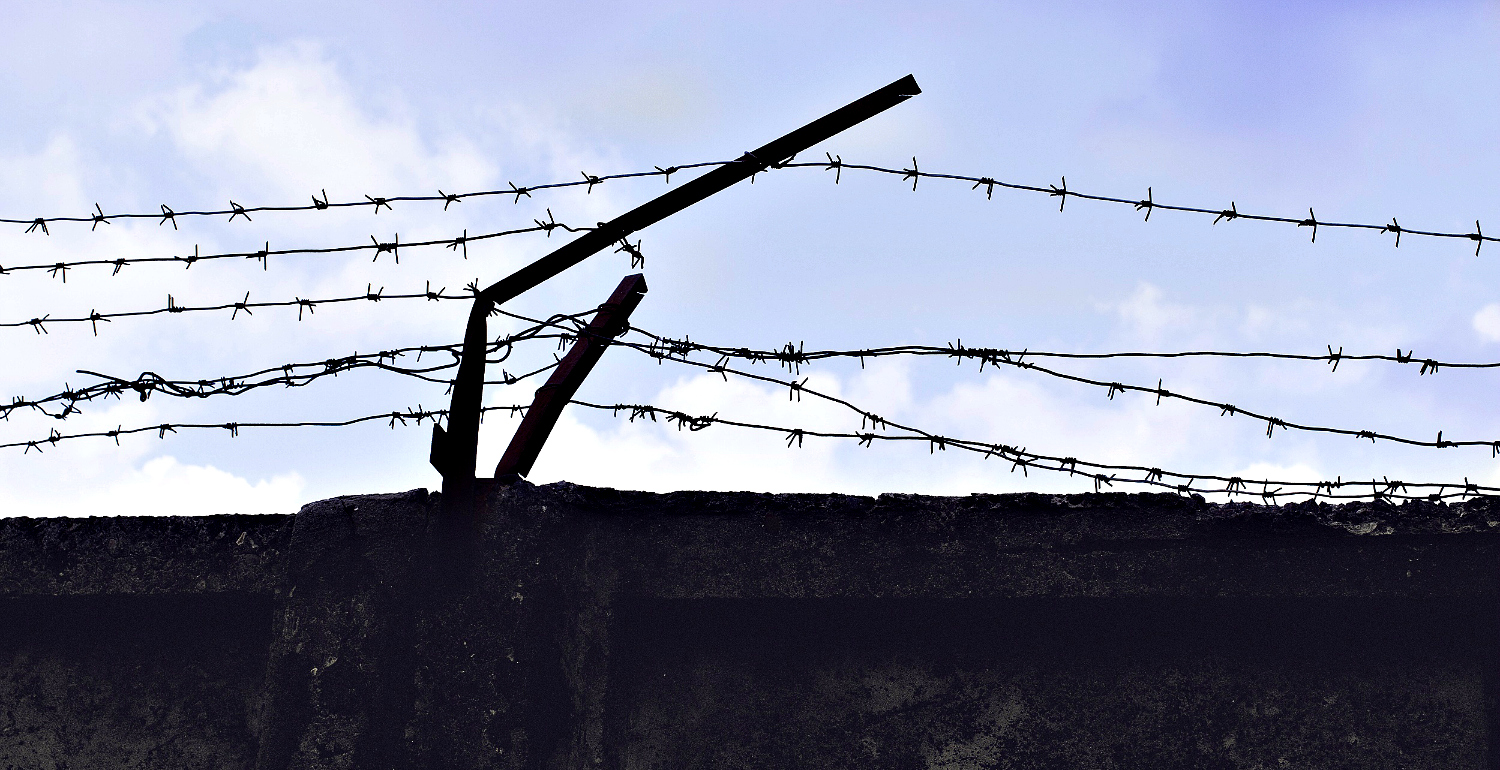WASHINGTON – The Commission on Security and Cooperation in Europe (U.S. Helsinki Commission) today announced the following briefing:
Disappeared in Turkmenistan’s Prisons: Are They Still Alive?
Thursday, February 20, 2014
3:00 p.m.
Cannon House Office Building
Room 122
Ten years ago, the Organization for Cooperation in Europe’s Moscow Mechanism was invoked against Turkmenistan after hundreds were arrested in the wake of an alleged coup attempt. The resulting report detailed the lack of rule of law during the arrest process and subsequent trials, as well as the absence of information about the health and whereabouts of those imprisoned. And despite years of inquiries and a change in regime in Turkmenistan, the fate of many of those who have disappeared into Turkmenistan’s prisons over the past ten years remains unknown. Their families deserve answers, and this briefing will take a new look at these cases.
Turkmenistan has been characterized as one of the world’s most repressive countries, with virtually no freedom of expression, association, or assembly. The U.S. Commission on International Religious Freedom again recommended in 2013 that the Secretary of State designate Turkmenistan a “country of particular concern,” and the State Department placed Turkmenistan on its “Tier 2 Watch List” for trafficking in persons – the second lowest category. Imprisonment has been used as a tool for political retaliation against those who do speak out, and Turkmenistan’s prisons – closed to outside monitoring – are notorious for torture, poor conditions, and disease.
The following panelists are scheduled to participate:
- Rachel Denber, Deputy Director, Europe and Central Asia Division, Human Rights Watch
- Catherine Fitzpatrick, Independent Expert on Eurasia
- Peter Zalmayev, Director, Eurasia Democracy Initiative
- Kate Watters, Executive Director, Crude Accountability
- Boris Shikmuradov, Editor, Gundogar.org







